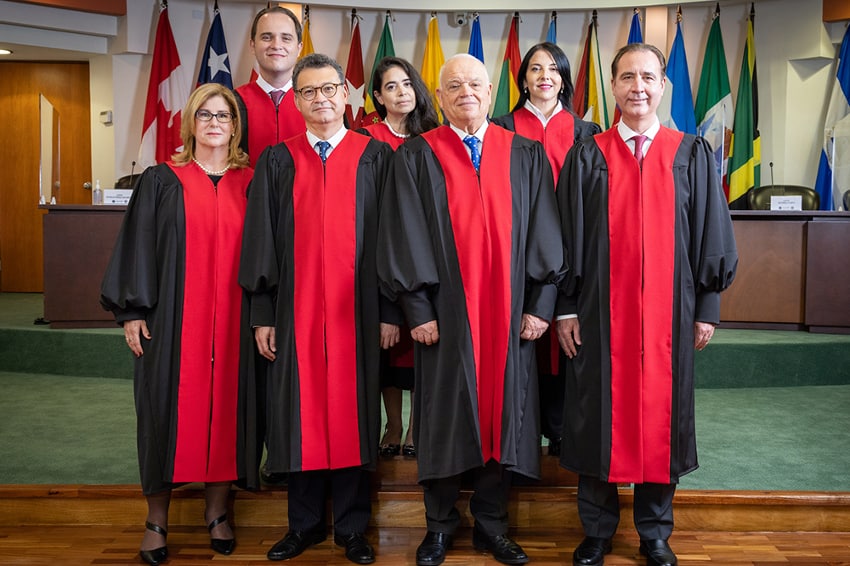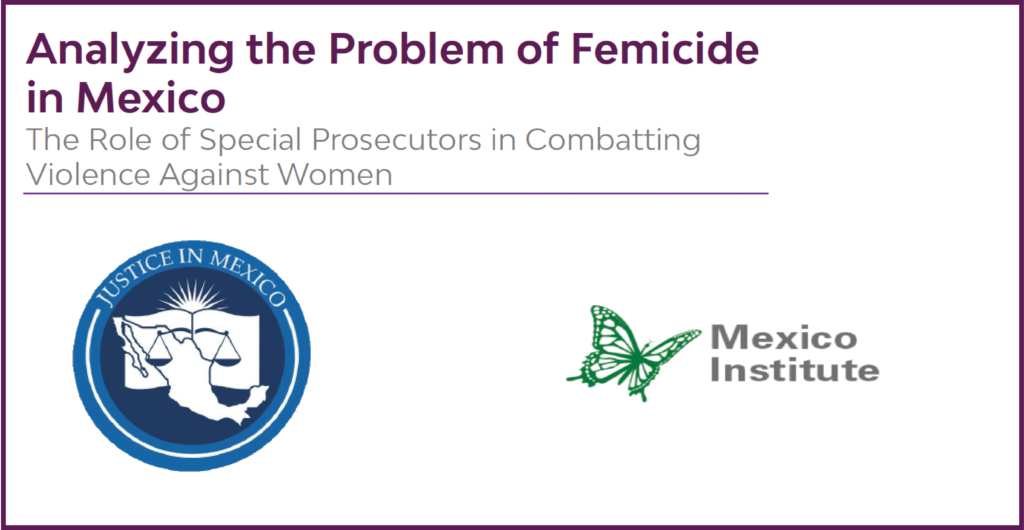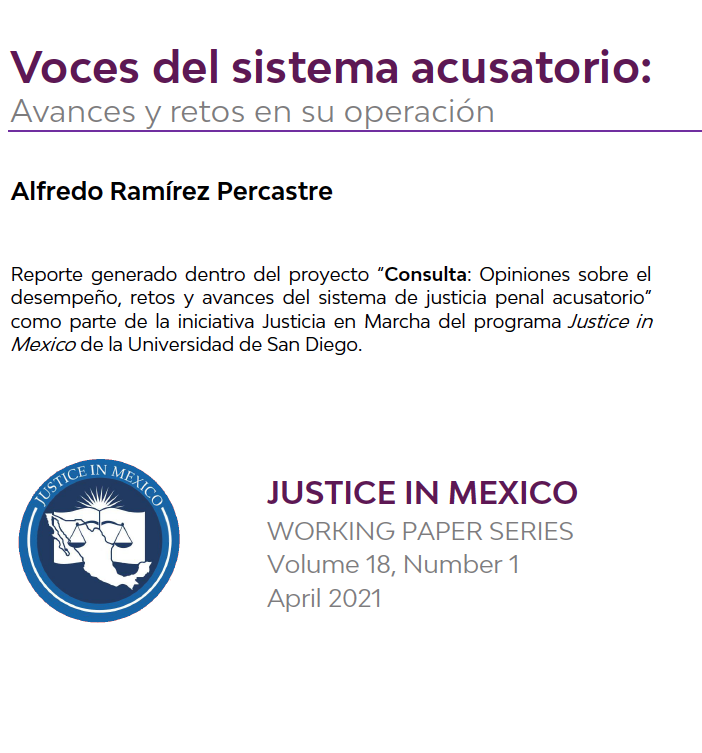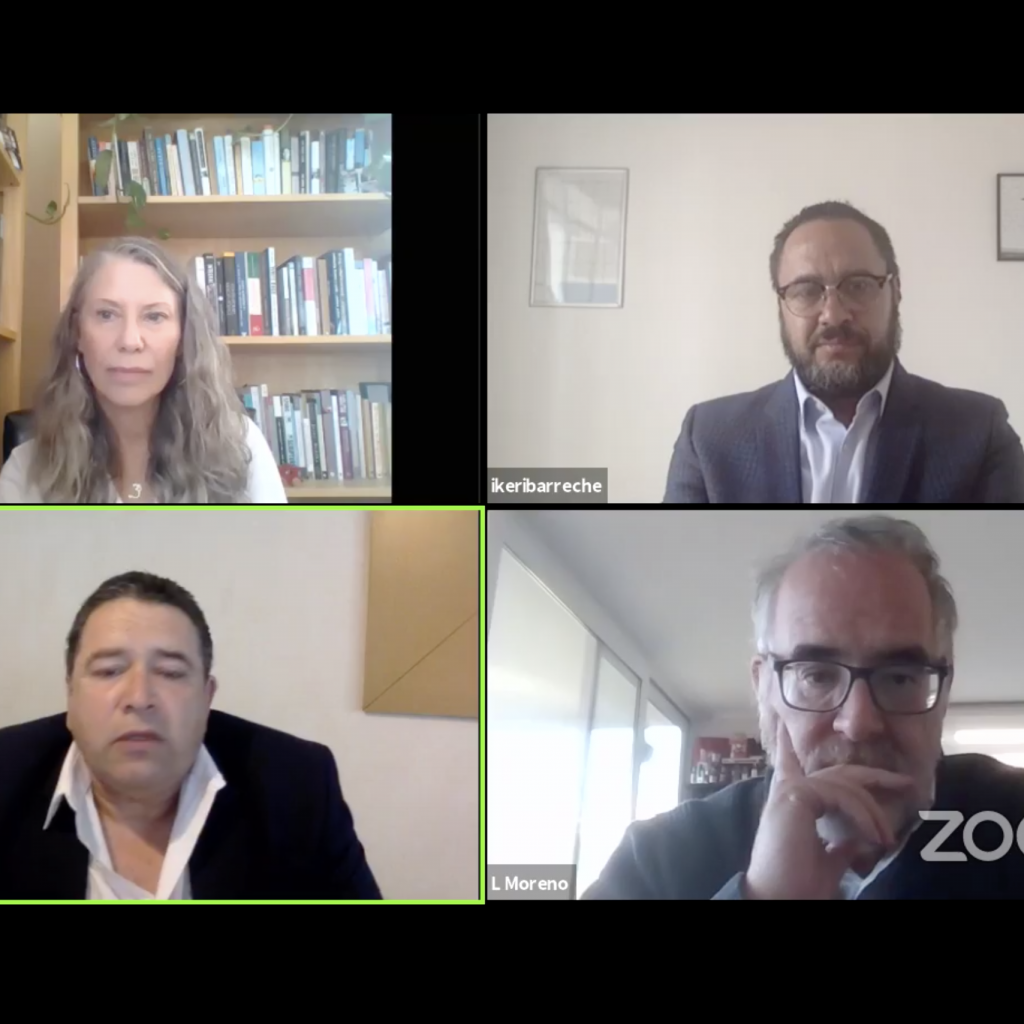
The agreement to create the Committee, which was passed in the Coordination Committee’s XII Session Meeting on July 14, 2014, was published in Mexico’s Official Journal of the Federation (Diario Oficial de la Federación, DOF) in the first week of August. As it explains, the group will be made from representatives from each of the following entities: the Legal Executive Office (Consejería del Ejecutivo Federal), the Chamber of Deputies (Cámara de Diputados), the Senate (Senado), the Supreme Court (Suprema Corte de Justicia Nacional, SCJN), the Federal Judiciary Council (Consejo de la Judicatura Federal, CJF), the Attorney General’s Office (Procuraduría General de la República, PGR), the National Conference of Attorney Generals (Conferencia Nacional de Procuración de Justicia), the National Security Commission (Comisión Nacional de Seguridad, CNS), and from the academic and civil society organizations, among others. The representatives must be “distinct persons” with an “expert profile,” and “with experience related to the generating of statistical information, indicators, and measures, among others, to be able to adequately and efficiently track the implementation of the [new justice] system,” reads the agreement. For his part, Alejandro Martí, a well-known human rights activist and founder of the México S.O.S. organization, was already named as the representative for civil societies.
The creation of the new monitoring committee will likely appease critics who have long called for more stringent tracking measures of the NSJP’s implementation. With less than two years remaining until the criminal justice system is required to be fully operational nationwide, the NSJP Coordination Council hopes the committee will help keep those efforts on track as there is still plenty to be done. According to Reforma, “to date, only three states have the justice system fully operational with oral trials (State of Mexico, Chihuaha, and Morelos); another 13 partially operational; 12 more will begin operating in the coming months; and the remaining four (Federal District, Michoacán, Campeche, and Sonora) won’t start until 2015 and 2016.”
Sources:
Redacción. “Crean comté para evaluar reforma penal.” Reforma. August 6, 2014.




